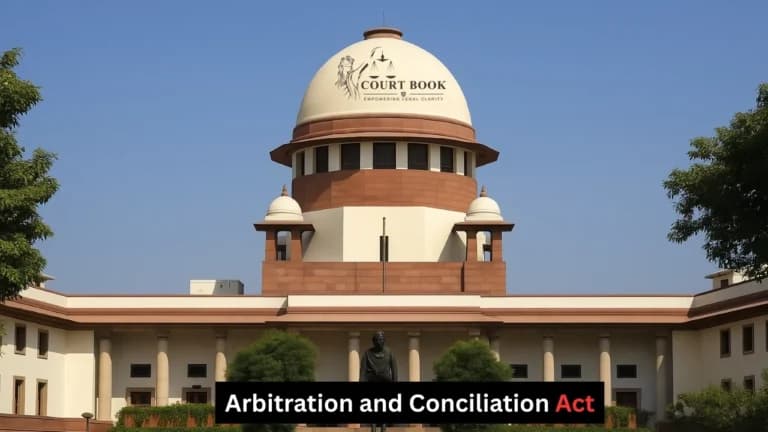The Supreme Court has recently clarified that not all trademark disputes are excluded from arbitration. The Court emphasized that when the dispute is based on a contract or license agreement and involves in personam rights, it can be referred to arbitration under the terms of the agreement.
“The law is well settled that allegations of fraud or criminal wrongdoing or of statutory violation would not detract from the jurisdiction of the arbitral tribunal to resolve a dispute arising out of a civil or contractual relationship on the basis of the jurisdiction conferred by the arbitration agreement,” the Court stated.
Read Also: High Courts Can Quash Domestic Violence Act Complaints Using Section 482 CrPC: Supreme Court
This observation was made by a Bench comprising Justices JB Pardiwala and R Mahadevan while dismissing an appeal in a trademark dispute involving the well-known “Sri Angannan Biriyani Hotel” of Coimbatore. The dispute had arisen between two factions of a family over ownership and usage rights of the trademark.
The appellants had approached the Commercial Court seeking a permanent injunction and ₹20 lakh in damages, claiming infringement. However, the respondent argued that the dispute was governed by a Trademark Assignment Deed that included an arbitration clause. Accordingly, the respondent filed an application under Section 8 of the Arbitration and Conciliation Act, 1996, to refer the matter to arbitration.
Both the Commercial Court and the High Court ruled in favour of arbitration. Challenging these decisions, the appellants approached the Supreme Court.
Read Also: Supreme Court Forms SIT to Probe BJP Minister Vijay Shah’s Remarks Against Colonel Sofiya Qureshi
Justice Pardiwala, writing the judgment, upheld the decisions of the lower courts and confirmed that the dispute could be resolved through arbitration. The Court relied on the precedent set in Booz Allen and Hamilton Inc. v. SBI Home Finance Ltd. (2011) and clarified that in personam disputes that arise from contracts—even those involving IPR—are arbitrable.
Referring to Vidya Drolia v. Durga Trading Corporation (2021), the Court rejected the argument that all trademark disputes are non-arbitrable.
“Prima facie, the nature of disputes sought to be raised by the petitioners cannot be considered as actions in rem. The assumption that all matters relating to trademarks are outside the scope of arbitration is plainly erroneous,” the Court noted.
It also added that disputes based on subordinate rights such as licenses or assignments under trademark agreements are indeed arbitrable because they relate to specific parties, not the public at large.
Read Also:Supreme Court Issues Notice on Plea Challenging AIBE Fee Structure by Bar Council of India
Further, the Court emphasized that under Section 11(6A) of the Arbitration Act, the court's role is limited to checking whether an arbitration agreement exists. Once confirmed, the tribunal has full jurisdiction to handle issues like settlement, validity of claims, or allegations of bad faith.
“Once there is an arbitration agreement between the parties, a judicial authority before whom an action is brought covering the subject-matter of the arbitration agreement is under a positive obligation to refer parties to arbitration by enforcing the terms of the contract,” the Court concluded.
The Supreme Court thus dismissed the appeal, holding that the trademark dispute was indeed arbitrable as it arose from contractual obligations governed by an arbitration clause.
Case Title: K. MANGAYARKARASI & ANR. VERSUS N.J. SUNDARESAN & ANR.













